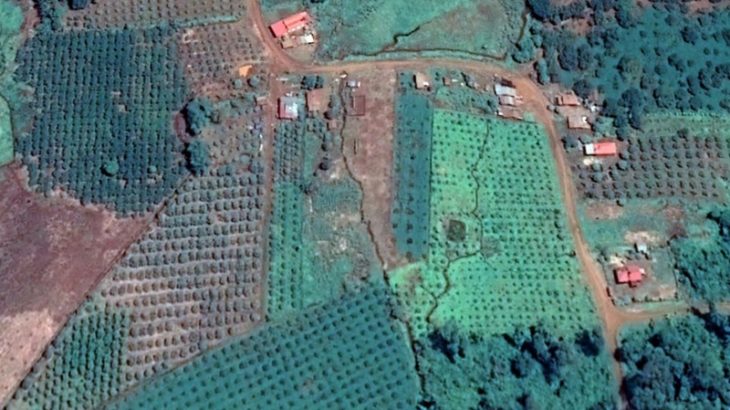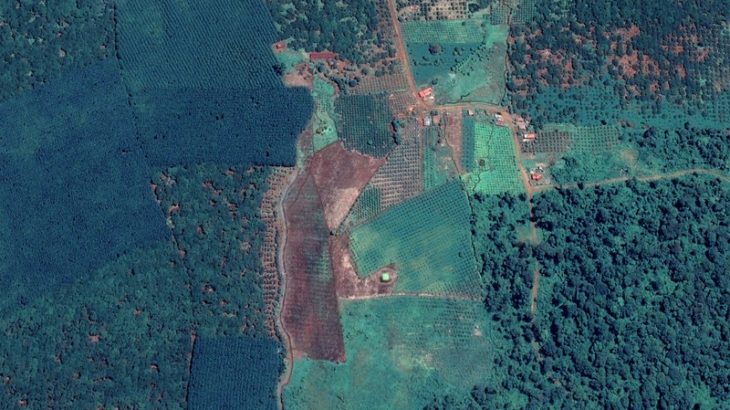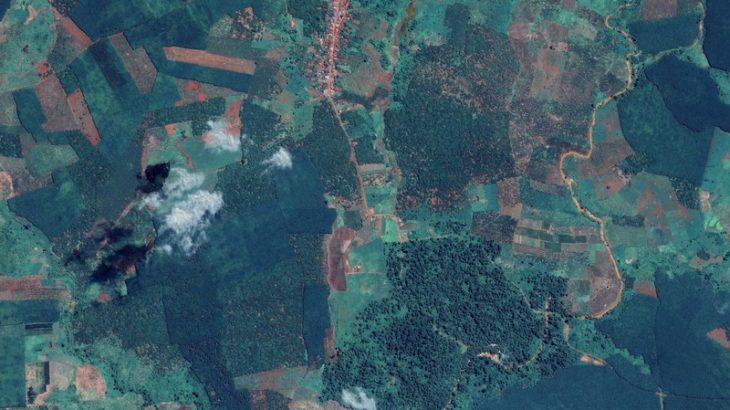Research theme
Spatial and land use planning

Spatial planning consists of organising and facilitating a process through which stakeholders discuss current land issues, and, collectively, make decisions about future land use management. It rests on the assumption that a dialogue between sectors is necessary to build a shared understanding and vision of a given territory and address multiple development trade-offs.

From 2007 to 2011, I was part of a team involved in multi-level planning activities in Battambang province (Cambodia). These covered issues ranging from large-scale strategic planning, to legally binding land-use regulations at the local level. This activity ultimately enabled us to contribute to the design of the national spatial planning policy and implementation tools in partnership with the Ministry of Land Management, Urban Planning, and Construction.

However, cross-sector design, implementation and monitoring of such plans remain a distant objective in Cambodia. So our contribution focused solely on the methodological aspects of planning. We developed approaches for territorial diagnosis, cross-sector consultation, participation, scenario building, and so on.
I am now involved in land use planning projects with a specific thematic approach. Themes include nature conservation and protected area management as well as agro-ecological transition at the river basin level.